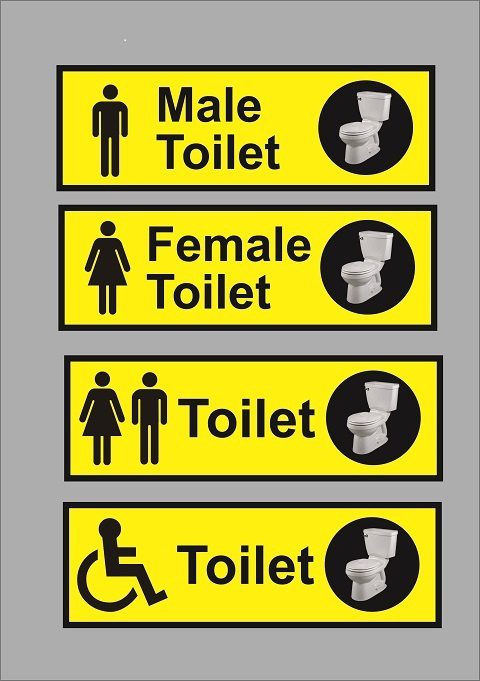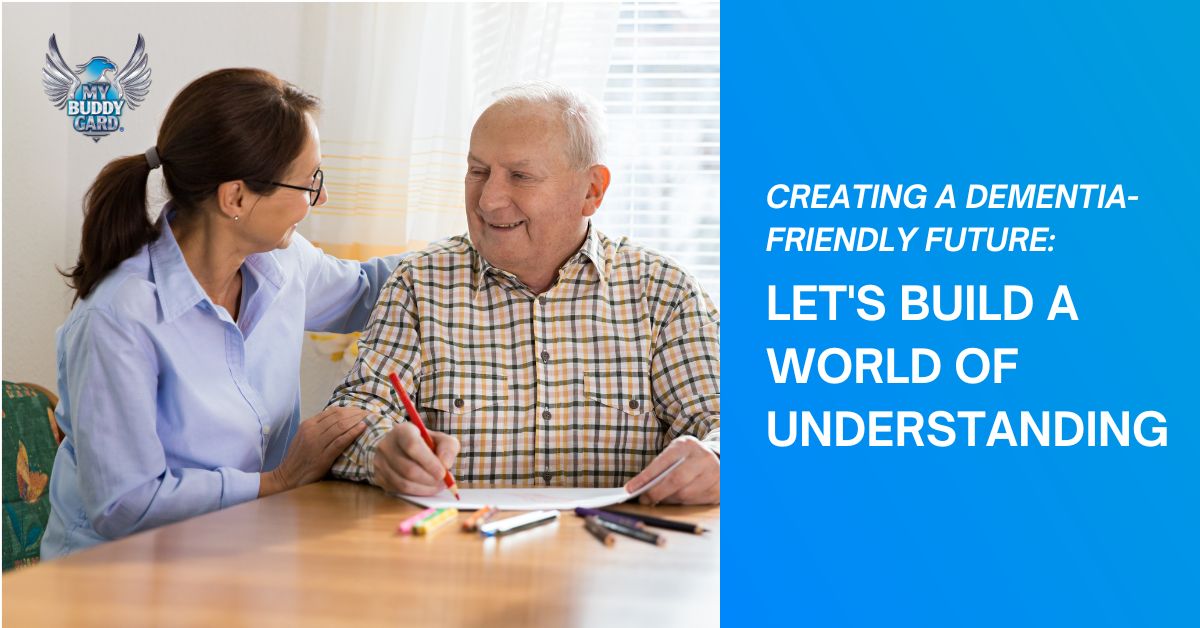With dementia becoming increasingly prevalent, it’s time to actively remove the stigma and discrimination that often surround this condition. It’s time to create a world that caters to the needs of those living with dementia, a world that allows them to continue living their lives with dignity for as long as possible.
Living Well, Not Just Existing
People living with dementia can continue enjoying their everyday lives for many years. What matters most is that they are given the opportunity and understanding to do so. Dementia is a brain condition, not just a part of aging, and no two individuals experience it in the same way. This means their needs and experiences are diverse, and our understanding of how to support them must be equally varied and compassionate.
Whether it’s continuing to play golf, tend to their garden, or engage in their favourite hobby, people living with dementia deserve the chance to keep doing what they love. They don’t need to be reminded of what they “can’t do”—instead, they need our support to keep enjoying the things that bring them joy.
Small Changes, Big Impact
After watching videos from Dementia Action Week, I was humbled by the businesses and communities making conscious efforts to be dementia-friendly. The small but thoughtful changes they’ve implemented highlight just how simple adjustments can make an enormous difference.
For example, one Café found that switching to dark-coloured plates improved both visibility and enjoyment of meals. A golf club changed door handles to brushed silver to contrast with the doors—making it easier for people to find and use them. Bigger signage and visual cues instead of just text, like using the familiar women’s bathroom icon, also make public spaces more navigable for those with dementia.
These adjustments may seem minor, but they have a huge impact on helping people with dementia remain independent and engaged in their communities. It was heart-warming to see businesses adopting these simple changes and offering extra support, like better lighting or softer music, at specific times to make outings more comfortable.

Programs and Communities That Welcome All
The National Gallery of Victoria is one organisation that has transitioned towards becoming dementia-friendly. Recognising the number of visitors living with dementia, they’ve tailored some of their seating and programs specifically for this community. By offering staff training and creating accessible seating options, the gallery has made it easier for people living with dementia to enjoy their time there without confusion or discomfort.
Programs, hobbies, and outings—whether gardening, visiting galleries, enjoying coffee, or playing sports—are essential for people living with dementia. These activities provide a sense of normalcy and connection that can greatly enhance their well-being.
Technology That Empowers
Technology can also play a crucial role in providing safe independence for those living with dementia. GPS watches and pendants and fall alert systems like the ones we offer at My Buddy Gard, enable loved ones to keep an eye on family members from a distance. Whether it’s for location monitoring, boundary alerts, or getting assistance if they fall or become confused, these devices can open up opportunities for people living with dementia to stay engaged in their communities safely.
A World Where Dignity Comes First
As we work toward a dementia-friendly future, let’s build a world where people living with dementia can stay in their homes longer, continue to enjoy the activities that make their hearts sing, and live full lives filled with love, fun, and laughter. They deserve nothing less. Together, we can create a future that honours their dignity and ensures they are valued, understood, and included every step of the way.

